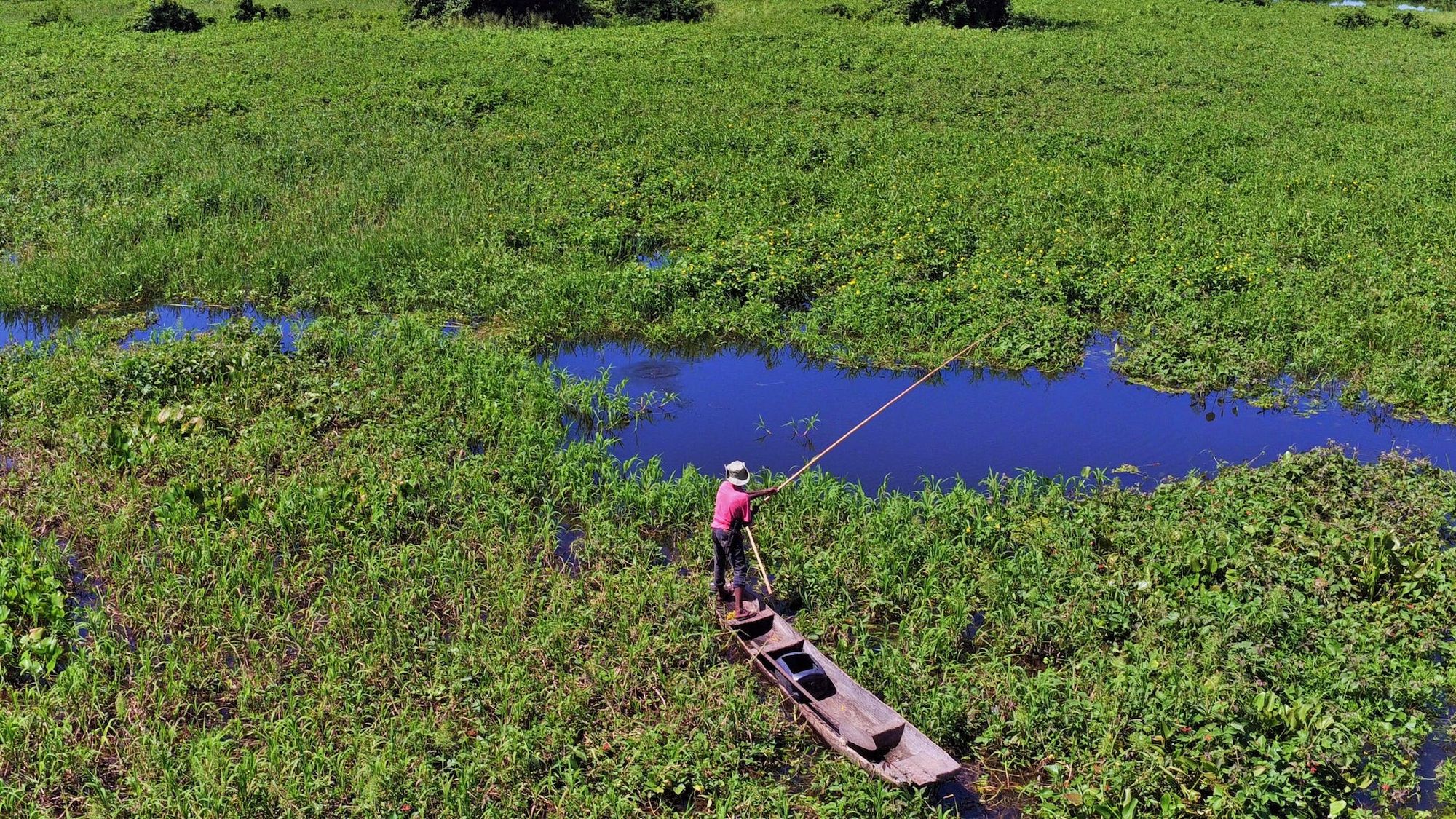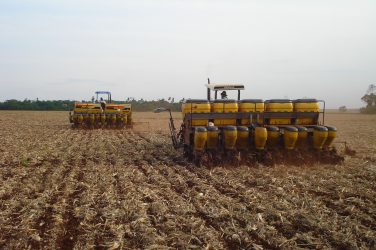“How can we use nature in a sustainable way?” That is a question I, together with colleagues from different parts of the world, have sought to answer for a decade. We are dedicated to studying issues related to the sustainable use of natural resources.
The question may seem simple, but to date no complete answers have been found. Recently, the traditional communities of the Pantanal, a wetland region that extends across parts of Brazil, Paraguay and Bolivia, have helped us to better understand this question.
Since the late 1940s, when it became clear that human beings could deplete natural resources, scientists have studied this issue further. The most widely accepted approach since then has essentially been a Game Theory one, based on the hypothesis that people make choices primarily on the basis of individual benefit.
In other words, human behavior aims to maximize profits, regardless of the long-term impact. Thus, according to this theory, the possibility of running out of the resources on which we depend is part of human history, which is called the “tragedy of the commons” or the “prisoner’s dilemma”.
However, when we ask ourselves how humanity, which has inhabited the planet for around 300,000 years, has managed to get this far without exhausting all its resources, Game Theory itself suggests an answer.
It points out that it is possible to avoid the “tragedy of the commons” by adopting a set of rules that regulate short-term choices. In other words, regulatory measures are needed to ensure that the pursuit of individual benefit does not harm society as a whole in the long term.
Initially, it was believed that only the state or private property laws could fulfil this role of protecting our natural resources. However, in the 1990s, Elinor Ostrom demonstrated that traditional communities, without private property or state intervention, were also able to prevent the collapse of natural resources.
They developed their own rules to ensure long-term sustainable use, and these traditional systems were called “common property regimes”. Ostrom’s studies won her the Nobel Prize for Economics in 2009. Yet there was still a missing piece to the sustainability puzzle.
All solutions to the problem of the tragedy of the commons are based on the idea of predictability. Agreements, rules and regulations are respected for the future benefits they can bring. In other words, society first recognizes the impact that the overuse of resources may have in the future and then implements measures to prevent the collapse of nature and everyone who depends on it.
This presupposes that we understand and respect the complex dynamics of nature. However, this is not always the case, and the Pantanal is a great examples of this.
The Pantanal is one of the largest floodplains in the world and its main characteristic is the flood pulse. This phenomenon causes specific areas to flood at different times. For the Pantanal’s riverside communities who depend on fishing, this represents a highly unpredictable system.
They need to determine, on a weekly basis, which bays and rivers they can access. In our study, we quantified that within an area of approximately 300 possibilities, only two or three bays will be suitable for fishing. Given this, there is no predictability of natural resources and therefore the solutions found for the tragedy of the commons don’t work.
In order to understand how riverside communities survive in this system, we applied various methodologies, including ethnographic studies, citizen science and analyses of social networks and wealth.
The conclusion we reached is that, in unpredictable systems, regulations about what is allowed and what is not are not fixed. The riverside communities of the Pantanal, therefore, rely on a high level of reciprocity and mobility to survive and avoid the tragedy of the commons.
In practice, the community’s residents communicate and help each other to identify which bays to use, constantly rotating the use of natural resources. Without central regulation, but through communication and mobility, they survive and also protect nature. This is what we call a complex adaptive system.
What’s more, we’ve shown that the riverside communities of the Pantanal aren’t the only ones who rely on this practice. Pastoralist communities in Africa, hunters and gatherers in the Philippines and certainly many other groups around the world also make sustainable use of natural resources, even without predictability or central regulation.
The findings from the Pantanal can be applied to issues other than natural resources. We can think of the importance of sharing information about job opportunities with our competitors to increase our chances, sharing patents to facilitate the search for solutions and, of course, the importance of sharing information to deal with climate change. In general, considering the lessons of the Pantanal’s riverside communities on how to live more sustainably is perhaps the best thing we can do.
Rafael Morais Chiaravalloti is a lecturer in Environmental Anthropology, UCL
This article was originally published in The Conversation. Read the original article here: https://theconversation.com/sustainable-use-of-natural-resources-lessons-from-pantanal-communities-213224












